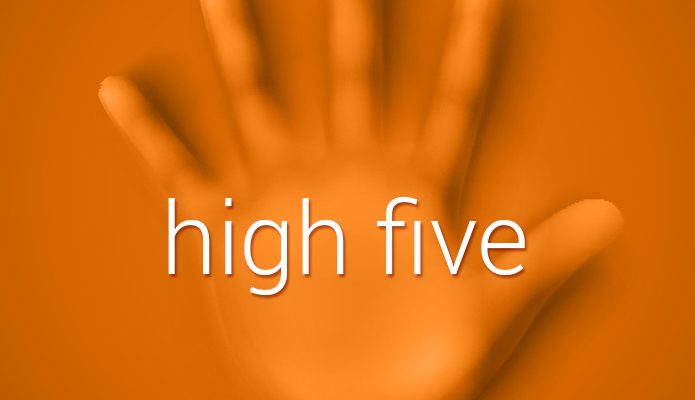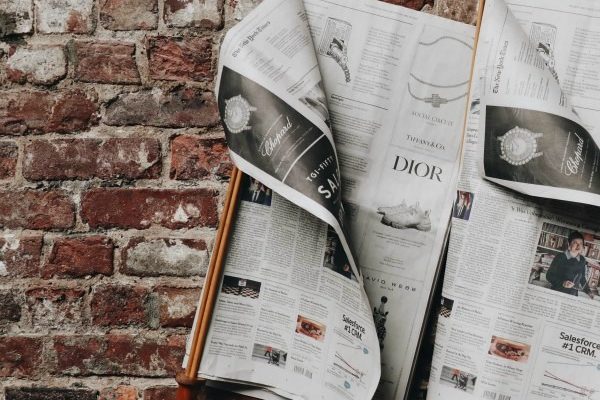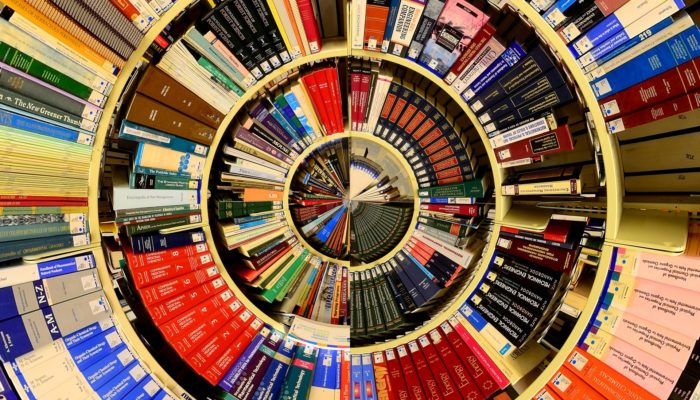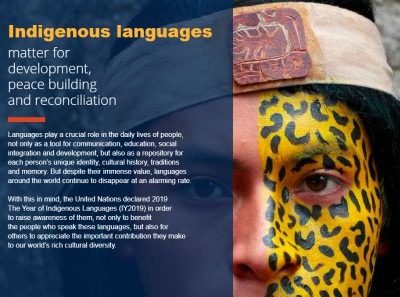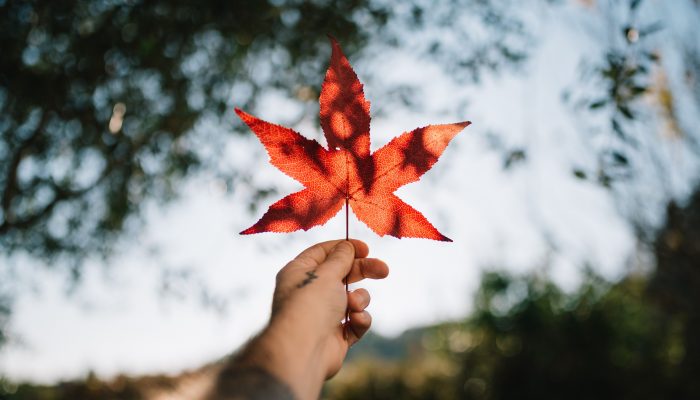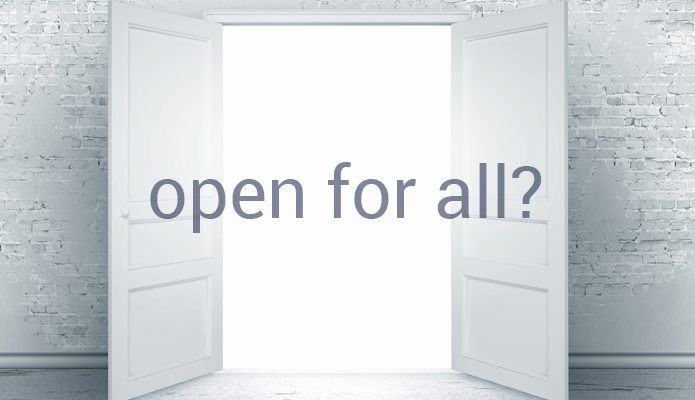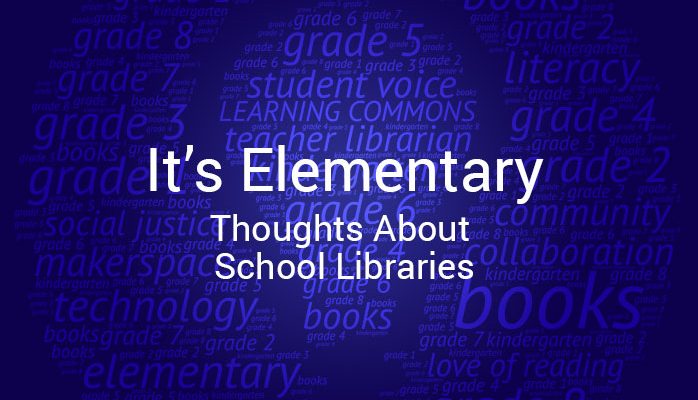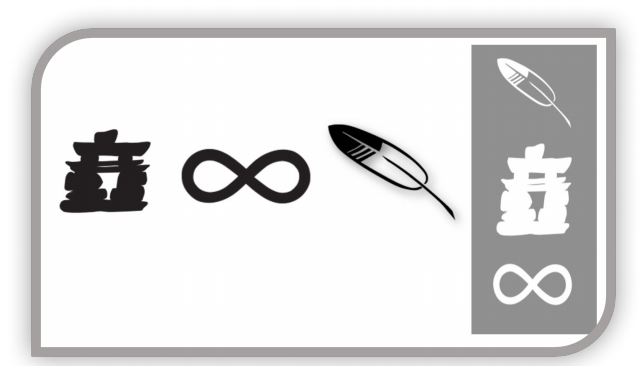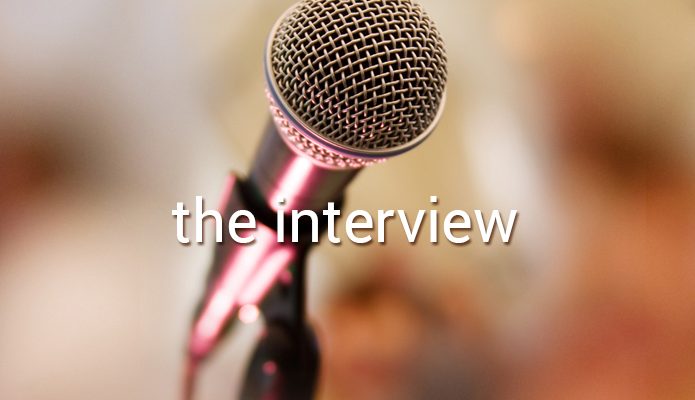Taking responsibility: A single source may be CRAP when talking about governance
Indigenous metadata and reconciliation: A reflection on the 2020 OCULA Lightning Strikes
“Unapologetically Nêhiyaw”: A conversation with Max FineDay
UNESCO Year of Indigenous languages: What are you doing?
Canada 151: Visions of Indigenous & non-Indigenous relations through time
Canada 150 is now officially over. However, the reconciliation work of libraries, archives, museums and other memory institutions continues in Canada 151. The Truth…
Decolonization
Decolonization is a powerful and contentious word. What does it mean exactly? Is it feasible? Is it desirable? And what does it mean for…
Canada 150: New paradigm for LAC-BAC
At their best, national institutions are not static entities but evolve in concert with the people and places that they are created to support.…
An authentic narrative around Canada’s history
Now that #Canada150 has all but disappeared from social media and nightly newscasts, schools must remain vigilant in our work to embed an authentic…
Canada 150: Diversity & library schools
In 1867, library schools as we know them had not yet been founded. Diversity was not formally defined as race, ethnicity or access challenges,…
Reconciliation paths: CFLA-FCAB TRC report
“In order to redress the legacy of residential schools and advance the process of Canadian reconciliation, the Truth and Reconciliation Commission makes the following…
Ry Moran, Director of the National Centre for Truth and Reconciliation
Ry Moran is Director of the National Centre for Truth and Reconciliation (NCTR) at the University of Manitoba. The NCTR is tasked with preserving,…
Canada’s Truth and Reconciliation Commission (TRC) Archives
In an attempt to reconcile wounds inflicted on Aboriginal Canadians through the Indian Residential School (IRS) System, the government of Canada, former IRS students,…
